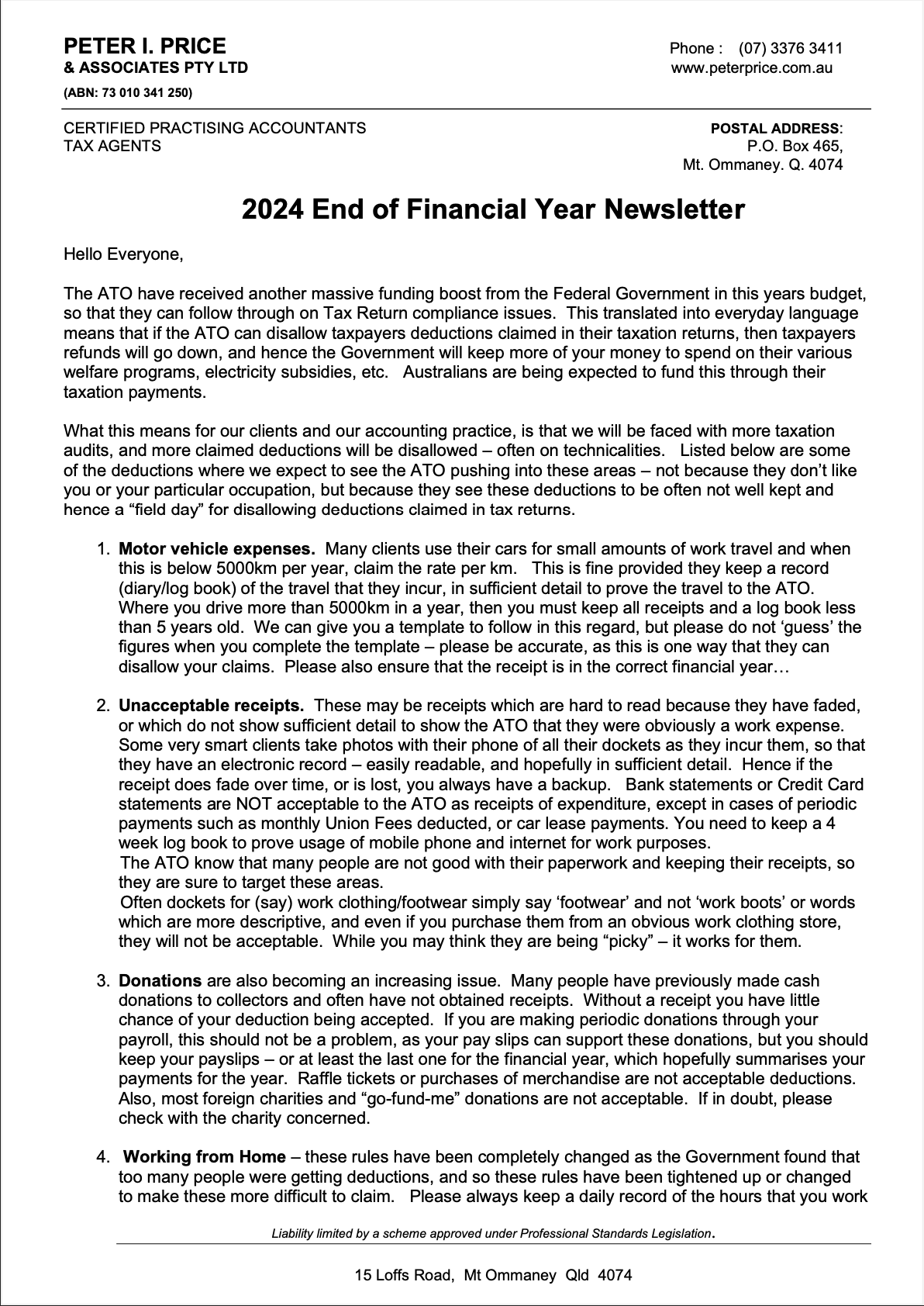Why Might a Lease Dispute Occur?

.
The most common issues include:
- late payments;
- failure to meet property return conditions;
- disagreements over market rent reviews; and
- unresolved repair obligations by either the landlord or tenant.
To avoid potential conflicts, it is essential to regularly review your lease agreement and ensure compliance with all outlined obligations. This article explores the key causes of lease disputes, their potential impact, and practical strategies for prevention and resolution.
Default on Lease Payments
A common breach of a lease agreement occurs when a tenant defaults on payments, including rent, outgoings, or other associated costs. In such cases, it is crucial to consult the lease for details on any default period. Determine whether the landlord must notify you to remedy the breach and if any interest could accrue due to the breach.
Repair and Maintenance Obligations
A tenant’s failure to meet repair obligations can also give rise to a lease dispute. This may happen for various reasons. For example, if damage to the premises results from your use or if damage has occurred previously but has not been addressed within a reasonable timeframe. Additionally, if the repair details are not clearly outlined in the lease, it can lead to confusion about which items each party is responsible for repairing. If you are ever uncertain about which items you or the landlord are responsible for, promptly bring this to their attention and inquire. Make sure to notify the landlord of any damage if required by the lease.
To avoid breaching the lease and triggering a dispute, keep the premises clean and tidy. Ensure that all services are maintained and serviced correctly to prevent them from falling into disrepair due to neglect. This includes the following:
- air conditioning;
- heating;
- water; and
- electrical items
The lease will specify which items you are obliged to repair, so refer to the lease when doing any repairs to the premises.
This obligation does not solely rest on you as the tenant. Landlords may also be required to repair the premises when they fall into disrepair. This is especially true for capital or structural repairs that were not caused by your actions. In such cases, depending on the lease, you may need to inform the landlord of any damage you are aware of. By doing so, the landlord can address the damage in line with their obligations.
Rent Reviews
Another disputable item within leasing can arise when a rent review occurs, and the parties dispute the amount of rent payable. This commonly occurs in relation to market rent reviews, where a new rental figure is determined for the premises based on the marketable value of the surrounding properties.
Where there is a dispute regarding the rental value, there may be a clause in the lease that governs the process of determining the market value of the premises. It may require the parties to engage with a third-party independent valuer to determine the new rental figure.
If you disagree with the landlord’s proposed rental figure, you should consult a professional to advise you of your obligations moving forward.
Make Good Requirements
Disputes may also arise between a tenant and landlord when the lease outlines the obligations expected of the tenant at the end of the lease. This includes the condition in which the property should be returned.
When the lease concludes, this may require you to:
- return the premises to the landlord in the same condition as they were received;
- remove any fit-outs or fittings; or
- take your personal property.
A dispute may develop between the parties if the tenant has not fulfilled a specific make-good condition. It may also arise if the parties reach another agreement outside what the lease stipulates.
When a dispute occurs, you should consult the lease to understand your obligations regarding it. If you wish to avoid any potential disputes arising from this situation, checking the lease for the requirements before commencing any make-good works is advisable.
Key Takeaways
Lease disputes often stem from payment defaults, rent reviews, repair obligations, or make-good requirements. To avoid conflicts, tenants and landlords should regularly review lease terms, communicate clearly, and seek legal advice when needed. Understanding and adhering to lease obligations can help prevent disputes and ensure a smooth tenancy.
Frequently Asked Questions
Responsibility for repairs depends on the lease terms. Tenants are usually required to maintain the premises and repair damages caused by their use. Landlords are typically responsible for structural or capital repairs unless stated otherwise in the lease.
If a market rent review leads to disagreement, the lease may require an independent valuer to determine a fair rental price. Consulting a professional for guidance can help ensure a fair resolution.

